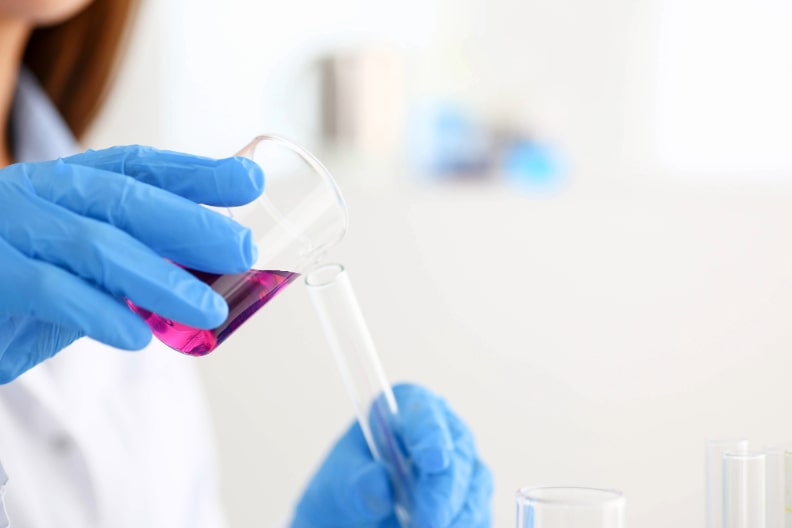Sterility Testing

What is Sterility?
Sterility means that a product is completely free of living organisms such as bacteria, viruses, fungi and other microorganisms. Sterility is especially vital for medical products such as surgical instruments, implants and intravenous drugs. Sterility is an indispensable issue for medical products that have direct or indirect contact with patients during the treatment process in health institutions.
All medical products, especially reused products, must have undergone cleaning procedures that will not harm human health. In health institutions, sterilization is an important stage that needs to be controlled in order not to transmit the disease of the person to employees or other patients or to be ill due to medical products.
The sterility test aims to determine the performance and adequacy of the sterilization process performed in medical products. Thus, if it is insufficient, measures can be taken or the method can be changed. At the same time, the suitability of the packaging process of medical products that must remain sterile can also be determined as a result of the controls.
What is the Importance of Sterility Testing?
- Patient Safety: The use of non-sterile products can cause serious infections.
- Compliance with Regulations: It is mandatory to verify that medical products are sterilized in accordance with national and international standards.
- Product Quality: Sterility testing guarantees the effectiveness of the production process and that the product is safe during use.
- Legal and Ethical Responsibility: Manufacturers have a duty to prove that their products are safe.
What is the Scope of a Sterility Test?
Sterility testing is generally applied to the following groups of medical products:
- Disposable medical devices: Syringes, catheters, needles.
- Surgical supplies: Scalpels, suture materials, surgical gloves.
- Pharmaceutical products: Liquids for injection, ophthalmic solutions.
- Implants: Artificial heart valves, orthopedic screws.
Standards and Regulations on Sterility Testing
Sterility testing is strictly regulated. The main internationally recognized standards:
- ISO 11737-2: Microbial contamination testing for sterile products.
- USP <71>: Standard procedures for sterility testing of pharmaceutical products.
- Ph. Eur. 2.6.1: The methods specified by the European Pharmacopoeia for sterility testing.
These standards regulate the sterility testing processes and the evaluation of the results. Ensuring that products are sterile is not only a quality control requirement, but also an ethical responsibility.
Sterility testing is a cornerstone of safety and excellence in the medical industry.

